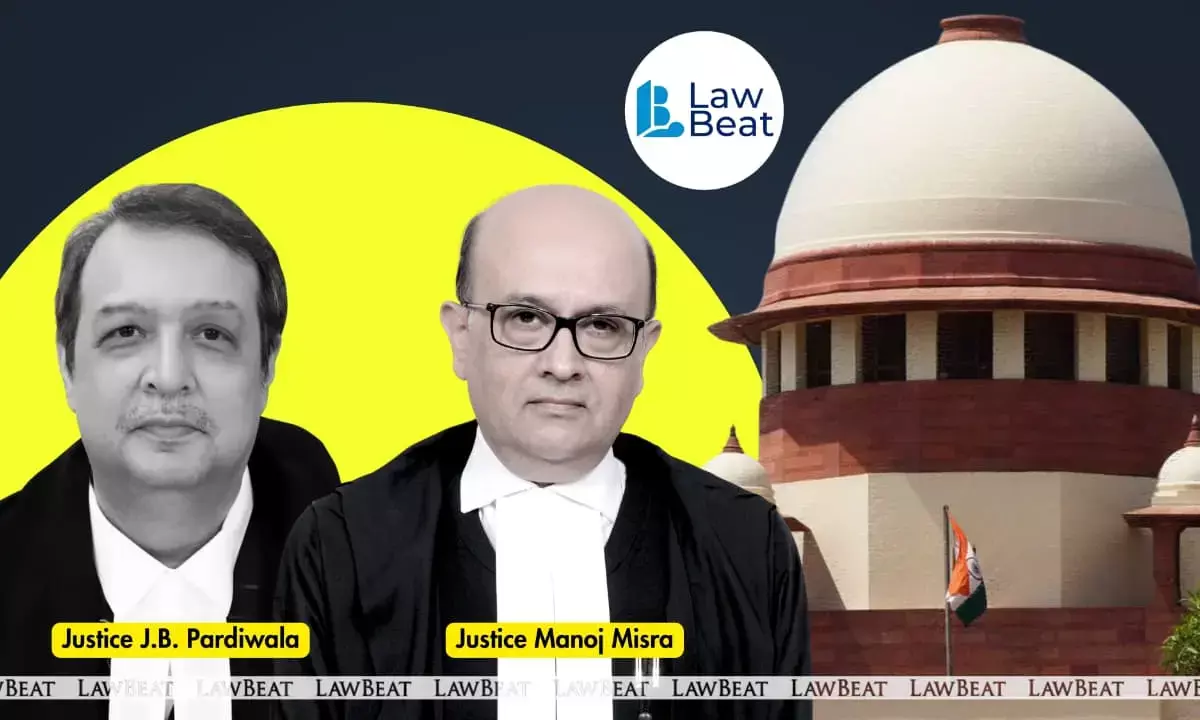Purchases made to maximise profits fall outside ‘consumer’ protection: SC

Supreme Court affirms business software buyers aren't 'consumers' under the Act, citing commercial purpose for profit
The Supreme Court has clarified that when the objective behind purchasing goods or services is to organise business operations with a view to maximise profits, and not to earn a livelihood through self-employment, the buyer cannot claim protection as a “consumer” under the Consumer Protection Act, 1986.
The bench of Justices J.B. Pardiwala and Manoj Misra held that corporations purchasing software or similar tools to automate their business processes do so for commercial purposes and therefore fall outside the scope of the Act.
M/s Poly Medicure Ltd. vs M/s Brillio Technologies Pvt. Ltd., a Delhi-based medical equipment exporter had approached consumer forums alleging deficiency in services against a software vendor. Poly Medicure had purchased a software licence, “Brillio Opti Suite,” from Brillio Technologies to manage export-import documentation and related operations. The company claimed the software was defective and sought a refund along with 18 percent interest.
However, the Delhi State Consumer Disputes Redressal Commission dismissed the complaint, holding that Poly Medicure was not a “consumer” as defined under Section 2(1)(d) of the Act since the purchase was for commercial use. The National Consumer Disputes Redressal Commission (NCDRC) later upheld that view.
On appeal, the company argued that the software was bought for internal use and not for resale or profit-making, and therefore the transaction could not be categorised as commercial. It contended that it was the end user of the product, qualifying as a consumer. The appellant relied on previous Supreme Court judgments, including Lilavati Kirtilal Mehta Medical Trust v. Unique Shanti Developers and Sunil Kohli v. Purearth Infrastructure Ltd., to emphasise that the dominant purpose of a transaction, not the purchaser’s identity, determines whether it is commercial.
Rejecting the argument, the apex court held that automation of business processes is inherently linked to profit generation.
“The object of the purchase was not to generate self-employment but to organize its operations with a view to maximise profits,” the bench observed, concluding that such a transaction cannot fall within the Explanation to Section 2(1)(d) of the Consumer Protection Act.
Court further clarified that the “identity of the person making the purchase, or the value of the transaction, is not conclusive to determine whether the transaction or activity is for a commercial purpose. What is to be seen is the dominant intention or dominant purpose for the transaction — whether it is to facilitate some kind of profit generation for the purchaser".
Court referred to its judgments, including National Insurance Co. Ltd. v. Harsolia Motors (2023) and Virender Singh v. Darshana Trading Co. (2025), to reaffirm that the dividing line lies in whether the goods or services have a direct nexus with profit-generating activity. If they do, the purchaser cannot invoke consumer jurisdiction.
Applying this test, court noted that the “Brillio Opti Suite” software was designed to assist in export documentation, foreign exchange tracking, and other core functions that directly supported Poly Medicure’s profit-linked business. Hence, the purchase had a clear commercial objective.
Holding that both the State Commission and the NCDRC had correctly interpreted the law, the Supreme Court dismissed the appeal, stating that Poly Medicure’s complaint was not maintainable before consumer forums. Court concluded that “the goods and services purchased were for a commercial purpose, and therefore the appellant cannot be considered a consumer as per Section 2(1)(d) of the Act".
There was no order as to costs.
Case Title: M/s Poly Medicure Ltd Vs M/s Brillio Technologies Pvt Ltd
Judgment Date: November 13, 2025
Bench: Justices J B Pardiwala and Manoj Misra
